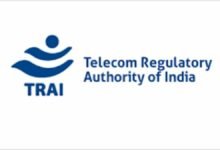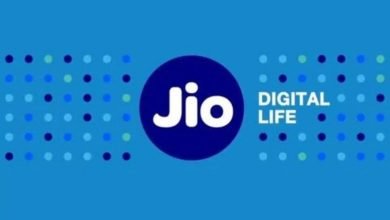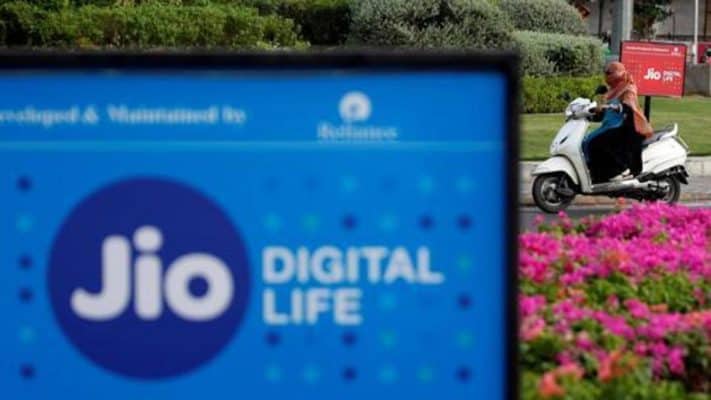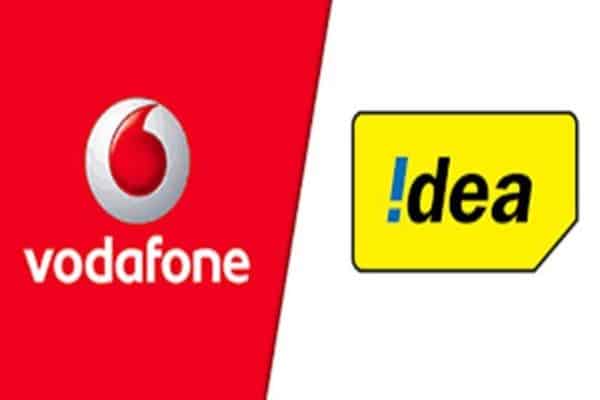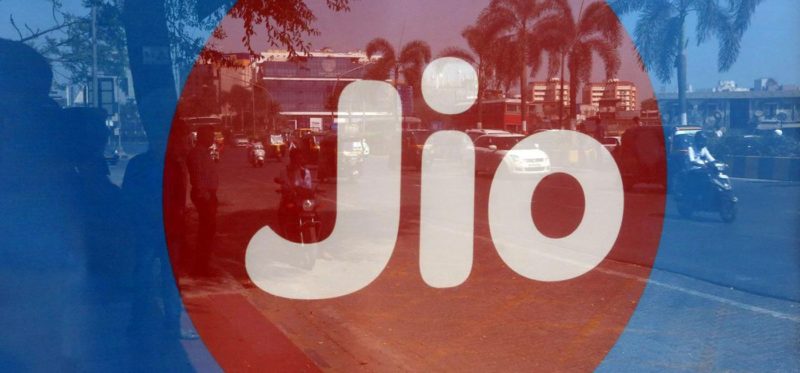TRAI releases Consultation Paper on ‘Licensing Framework and Regulatory Mechanism for Submarine Cable Landing in India
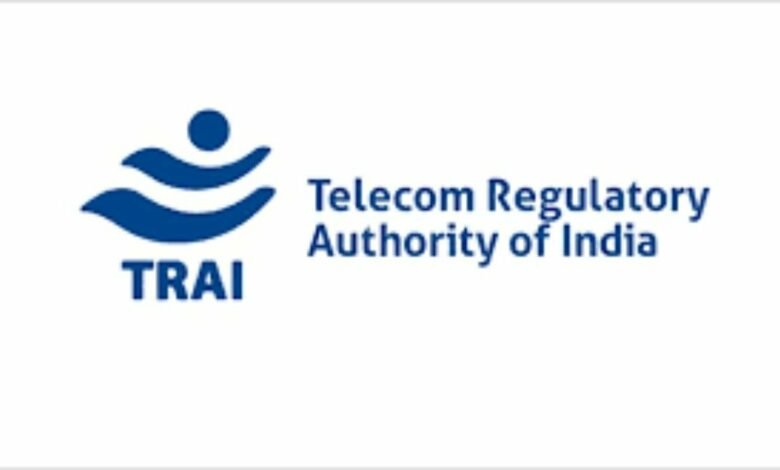
The Telecom Regulatory Authority of India (TRAI) has issued the Consultation Paper on ‘Licensing Framework and Regulatory Mechanism for Submarine Cable Landing in India’.
Submarine cables are vital communication infrastructure of the digital age and critical to today’s fast-paced data-driven economy. The global extensive network of submarine communication cables traverses the maritime zones of several countries connecting people and businesses across the globe. According to data received from owners of Cable Landing Station, India has around seventeen submarine cables terminating at fourteen distinct cable landing stations. In addition, a number of new submarine cables are in pipeline for rollout, which will make landfall at different coastal cities in India.
Department of Telecommunications (DoT) through its reference letter has approached TRAI, sharing its concern over some Indian International Long Distance Operators (ILDOs) for not having any stake in submarine cable systems yet seeking clearance on behalf of the owners of submarine cable for laying/ maintaining such cables in Indian Territorial water/ Exclusive Economics Zones and also for applying to set up of Cable Landing Station (CLS) for such submarine cables. DoT has sought recommendations from TRAI on licensing framework and regulatory mechanism for submarine cables landing in India within the existing UL-ILD/ standalone ILD license. TRAI has thus issued this Consultation Paper (CP) to seek the views of stakeholders on the issues flagged in the reference received from DoT.
In addition, certain other issues related to submarine cables that the Authority has suo-moto identified, have also been discussed in this paper. Presently, there is no Indian marine service provider available who can support submarine maintenance activities in and around Indian waters. Dependency on foreign vessels/service providers involves high mobilization time for the repair vessel to mobilise from different locations on the world map. Authority, in the present consultation paper, is seeking views of stakeholders on the need and feasibility of Indian Flagged vessel for carrying out submarine cable operation and maintenance smoothly in a time-efficient manner.
Also, as the reliability and stability of submarine cable networks is very high as compared with the terrestrial optical fibre cable network, domestic submarine cables can be envisaged to improve digital connectivity/infrastructure of Tier-I and Tier-II cities on the Indian coast. The paper intends to find out the deployment challenges and how to overcome them to promote domestic submarine cables in India. Further, to explore the benefits and challenges involved in laying Stub-cables, a new concept of placing pre-laid open-ended “dark fibre” from the CLS through Beach Manhole (BMH) into the territorial waters for upcoming new cables has been discussed for seeking views of stakeholders. Issues related to challenges being posed in establishing terrestrial connectivity between differently located Cable Landing Stations in India have also been raised for stakeholder consultation in this paper.
The Consultation Paper has been placed on TRAl’s website www.trai.gov.in. Written comments on the Consultation Paper are invited from the stakeholders by 20th January 2023 and counter-comments, if any, by 03rd February 2023.
The comments may be sent, preferably in electronic form at [email protected] with a copy to [email protected] For any further clarification/information, Shri Sanjeev Kumar Sharma, Advisor (Broadband and Policy Analysis), TRAI may be contacted at Telephone Number Tel. No. +91-11-23236119.
Disclaimer: This is an official press release by PIB.

